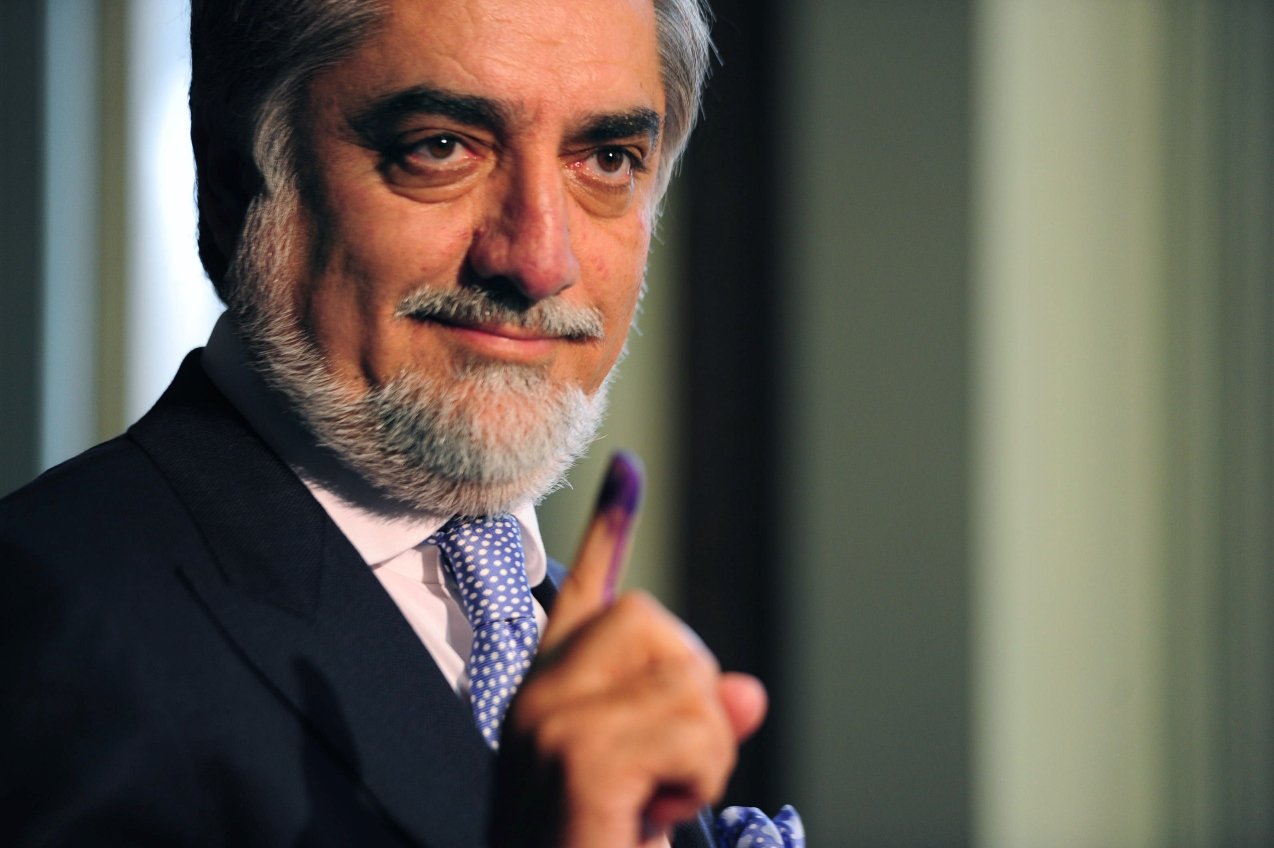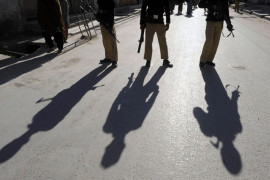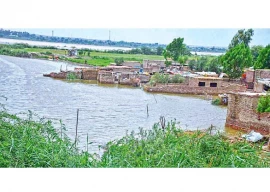
Prime Minister Nawaz Sharif had extended an invitation to Dr Abdullah to visit Pakistan and the invitation was given again recently.
Move to edge Pakistan out of Afghan talks
Talking to the delegates of the unofficial Pak-Afghan dialogue, Abdullah on Wednesday said the invitation had been pending for some time and he was ready to leave for Pakistan but unfortunately he had to postpone due to an attack in which some of his staff members lost their lives.
He said both the countries face serious challenges and it would be his endeavour to exchange views in an effort to come to grips with the current problems.

“Terrorism is not only a threat to Pakistan and Afghanistan but for the whole region. In view of the current situation, Pakistan and Afghanistan are facing, there is a need for both the countries and the region to fight jointly against terrorism,” he said.
The Afghan leader said that despite difficulties in the relationship of the two countries, it was important to take concrete steps upon which bilateral relations could be strengthened.
In response to difficulties pointed out by Pakistan’s former ambassador Qazi Hamyun regarding Pakistani-funded projects, he directed his staff to form a review committee to remove restrictions and allowing customs exemption and duties for medical equipment for the completion of the projects.
Dr Abdullah appreciated Pakistan’s development projects in Afghanistan and especially mentioned the Pakistan-funded Torkham-Jalababad road. He directed the Afghan officials to facilitate the expeditious completion of the Pakistani projects in Afghanistan.
Pak-Afghan relations — a steady decay
He also welcomed the Pakistan government’s instructions to provinces with regard to the Afghan refugees. “It will be important for us if the issue of documented and undocumented refugees is addressed rationally and amicably. It is important that towards the end of a long stay the sentiments should not turn against the host country,” he added.
The news of the parliamentary parties’ deliberation over the mechanism to professionally deal with the refugee issue through national consensus has also been well received by officials in Kabul.
Meanwhile, Afghan Minister for Refugees and Repatriations Syed Hussein Alemi Balkhi told members of a Pak-Afghan Track-11 delegation that the number of returnees from Pakistan this year had touched the figure of 600,000 people while some 320,000 Afghans had returned from Iran since January.
He said the refugees should serve as a friendly bonding rather than a divider, adding “Let us use refugees as an asset, and a source of bonding and stability for the bilateral relationship.”
The second meeting of the CRSS-WPSO project Beyond Boundaries Phase-II, Pakistan-Afghanistan Joint Committee (PAJC) which was held at Mazar-e-Sharif recognised that relations between the two neighbouring countries have deteriorated to the detriment of their respective interests.
“Both sides reiterated the desire for both governments to take concrete measures against movement of terrorists across the two countries from existing crossing points, including the need to address the root causes of terrorism in the interest of peace and stability not only in the two countries but also in the region,” a joint statement said.
Published in The Express Tribune, November 17th, 2016.
1724657897-0/Untitled-design-(2)1724657897-0-405x300.webp)
















COMMENTS (1)
Comments are moderated and generally will be posted if they are on-topic and not abusive.
For more information, please see our Comments FAQ